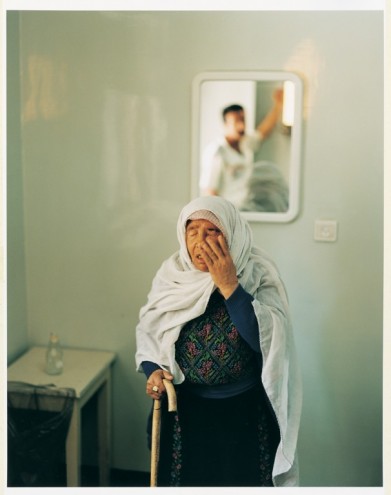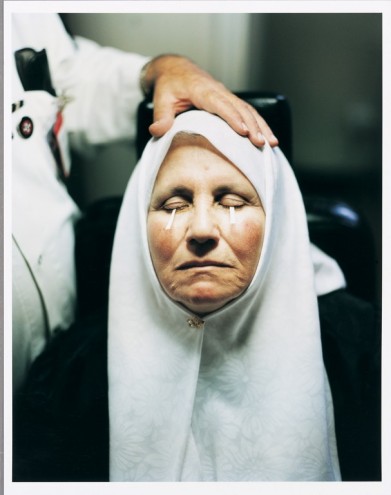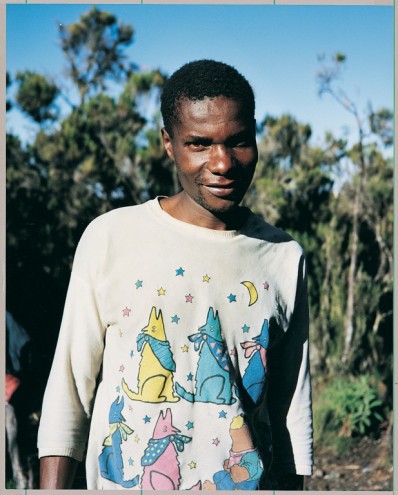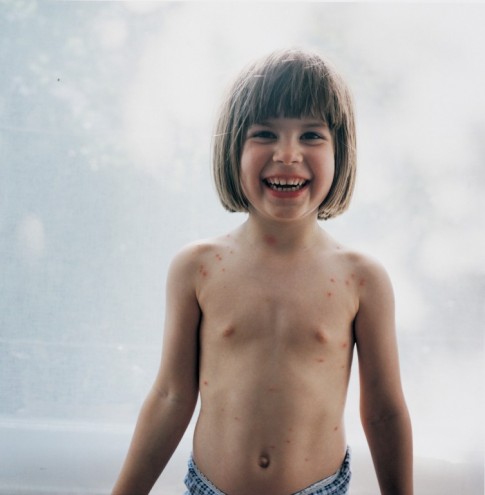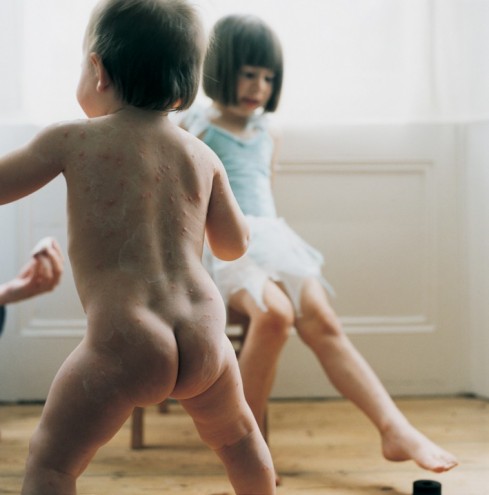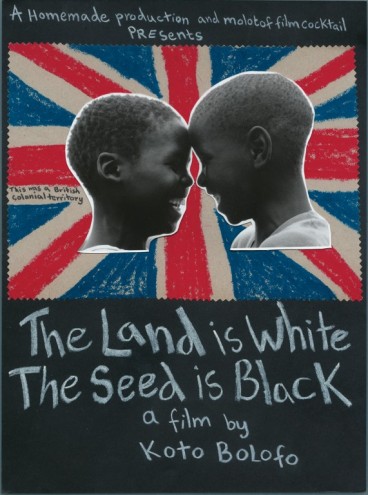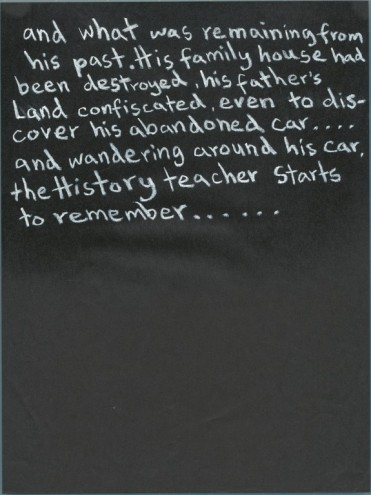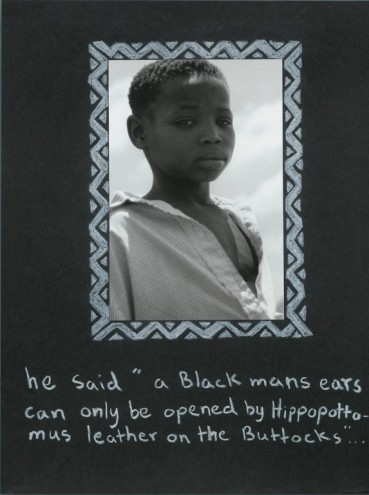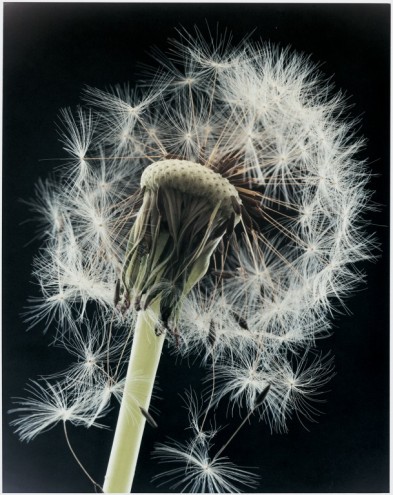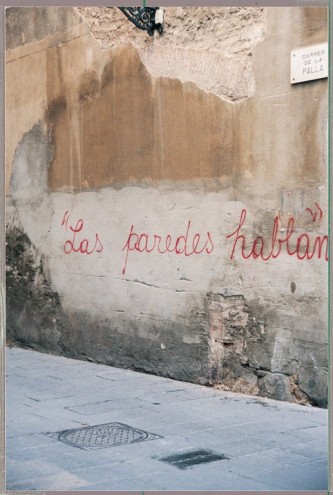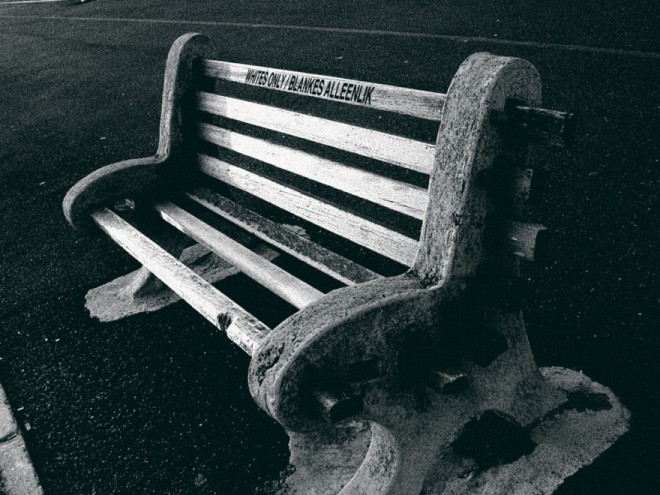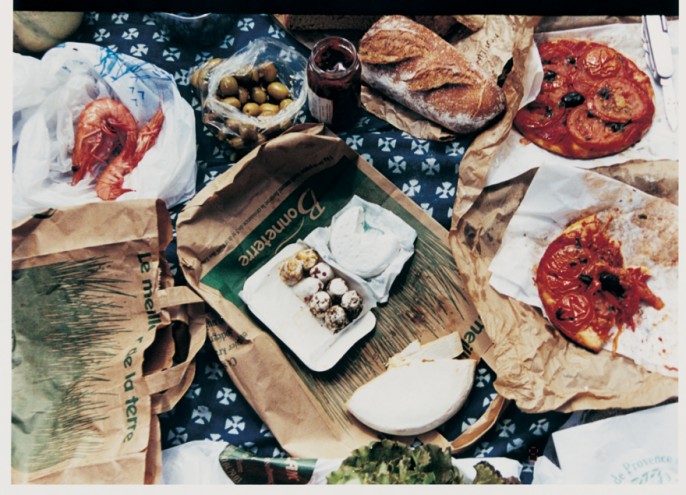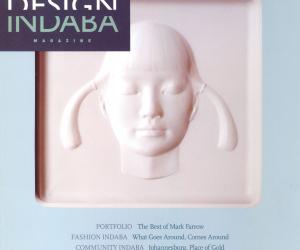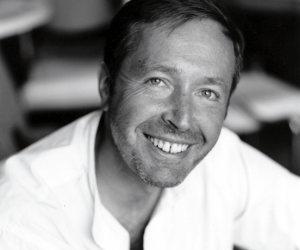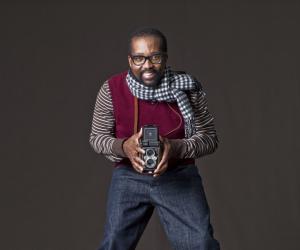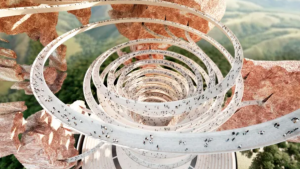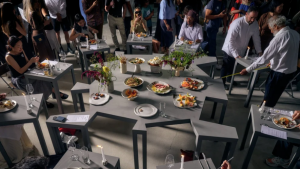First Published in
Finding music, clubs and street culture more interesting than the traditional fashion world, founder and editor-in-chief Terry Jones abandoned his post as Art Director at British Vogue in 1977 to embark on a journey that has revolutionised not only the world of fashion magazines, but arguably fashion itself.
Along with his wife Tricia Jones, they have built i-D magazine into a household name. Having taken the magazine on a 21 year journey beyond the veneer of regular fashion, i-D delights in taking detours into areas where fashion and style are defined and the next best thing is discovered. Creative artists fall over themselves to have their work published in i-D magazine, not to mention talents looking to be discovered.
i-D's new book, Learn and Pass It On, is a collection of life lessons and mantras written, photographed or faxed by designers, photographers, artists and writers.
As Tricia puts it, "The idea behind the book is simple. In all our lives there are talents and gifts that we are born with - if you like, the things we "bring" with us - the result of genes and inheritance. But there are other things that we learn along the way. (Maybe from special friends, personal teachers or just life itself.) I wanted this book to be a present for all who pick it up: a combination of global experiences, inspirational heroes and simple observations. We invited contributors and special friends to inspire, intrigue and fascinate us with the diversity of their contributions. As always with i-D, you will find the famous and the private, the known and the anonymous voices. Some of us will explain everything, others leave you to find the key yourself".
Donald Christie > We all have something to give back; many organisations need our time and talent. The key to it all is to be selfless. You aren't important. It's what you are giving to the organisation that counts.
These photographs were taken between 1996 and 1999 for St Johns Ophthalmic Hospital, Jerusalem. A hospital founded for the medical needs of the Palestinian people of the West Bank and Gaza. The photographs were used to expand the charity's picture library and in fund raising projects for them.
Kevin Davies > When our first baby arrived she had to teach us how to treat her. We had no idea. We do now. Second baby came and they formed a gang. The older is the younger's horizon. The older brings everything: toys, jewels, friends and chickenpox. Our spotty girls. The virus got the older first and was mild, but it learned by the time it reached the younger. Our pebbledashed sumo.
Gemma Booth > Climbing to the summit of Mt Kilamanjaro - Africa's highest mountain - has to be my most rewarding achievement. I made the journey in September 1999, 20 years after my dad completed the climb and six years after my mum's attempt in 1994. These portraits are of two of our guides from the Chagga tribe of Northern Tanzania. Through countless generations, the Chagga have handed down the knowledge and skills necessary to live on the mountain and surrounding area.
Koto Bolofo >
Ellen von Unwerth > Enjoy nature and freedom in a preserved environment. My daughter Rebecca, 10 years old, in Normandy.
Terry Jones >
Oriana Reich > Las Paredes Hablan: The Walls Speak
History and love all reach the surface at some point. There are very special surfaces in the world which catch the residue of small big everyday moments. This always amazes me because our surroundings teach and inform.
They could be the doorway where we catch two lovers kissing; the rift in the pavement where some green grows; the orange rind sitting in a garbage bin; careless and careful graffiti - or the muted music in the street from open windows that can sink into concrete or suspend itself in the air.
Listen to the things close to you. Try to make sense of all the existing layers, the voices in the void - all the quiet noise.
Natascha Chadha > We have much more strength than is imaginable or measurable. It might not flex its great big muscles on a whim, when we demand it. But rest assured that this Herculean power - to pursue and survive the passions and tragedies of Life - lies dormant within all of us. It can be awakened in an instant, when we need it. My little brother Robin, age 8
Ravi Naidoo > I am, somewhat perversely, thankful for growing up in the tumult which was South Africa in the Eighties... An unholy system of social engineering that stripped a people of their dignity and birthright. It's given us a unique endowment - a social conscience. A moral compass, to orienteer ourselves into the bold unknown. As we countenance the grim realities of growing a country out of the ashes of apartheid, we are very aware that progress and growth means taking everyone along. It means raising the standards of living for all our people, irrespective of colour, class or creed. It is this reckoning that will serve our generation well. We are a pilot project for Planet Earth. After spending our time breaking a system down, we must accept a new challenge - building a new order. From our pragmatic leaders that negotiated a revolution, but a decade ago, we are imbued with the power of the possible.
We are only too aware that the complexity in this modern world is not merely in the technological domain... It remains, as we enter this new century, our ability to understand people, and co-exist in harmony. The hard fought gains of our fledgling democracy inspire all civic-minded and patriotic South Africans. As our fractured, dismembered society repairs, and we start to celebrate the harlequin patchwork of cultures in South Africa, we shall show a world riven by ethnic and religious conflict that there is hope. Hope that we may, as a wise man once said, elevate humanity beyond all nations - because the message that history has borne, is that nations, and indeed civilizations are transient. All that prevails is humanity.
One of the early discoveries our country has made, after we ascended to the world stage, is that the relationship between countries is as inequitable as the apartheid we destroyed. Vested interests of centuries old make it difficult for a newcomer to compete on an equal basis. When we try to negotiate trade deals, for example, we face similar prejudices to those of old. How can the farmers of Africa compete with European Union farmers, when the latter receive more in subsidies than the combined economies of all Africa! Despite this, our future in South Africa is pregnant with potential. We look at the world through a unique prism. We live in the Second World. We move seamlessly from the high-tech to the dusty townships of Africa - and in so doing, find that we have a gift in being able to develop products and services that could serve the two-thirds of humanity that exists beyond the Greedy 8 or the EU and their narrow interests.
We could be the engines for the world's development over the next century. The developing world must become a more united force in addressing its own problems. The age-old North vs. South divide must be bridged. Europe, with its aging populations and low birth rates, may yet realize that they need us...
Mark Mattock >

